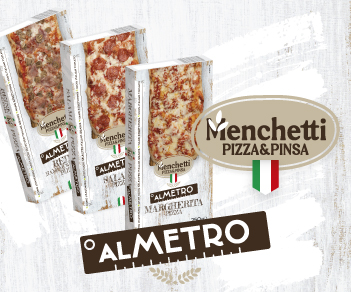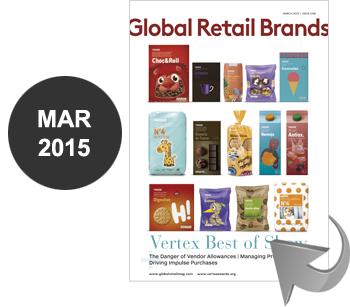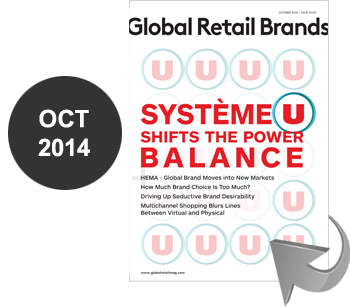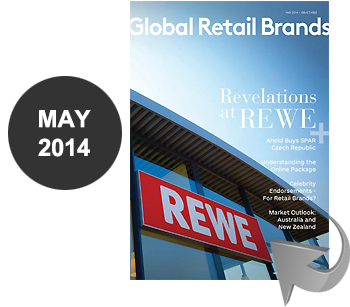
By / David Lopes, President & General Manager, International Private Brand Development for Daymon Worldwide
The evolution of today’s retail industry is consumer-driven. Major cultural shifts are happening in every region of the world as gaps between young and old, and wealthy and poor populations continue to grow. A global rise in single person households, more women in the workforce and urbanization in many countries are just a few of the trends driving demand for customized innovation across product categories and retail channels.
Innovation is at the heart of the matter, as a means to both differentiate from competitors, and most importantly, meaningfully engage with core consumers. New products and services must offer something that speaks to the consumers’ particular lifestyles, values and needs. An aging single man, for instance, needs to stay healthy enough to be able to shop and cook for himself. How can a retailer in his neighborhood make it easier for him?
Japan’s tradition of groundbreaking innovation, particularly in the areas of electronics and technology, offers excellent models for successful, needs-based innovation. Culturally, they have banded together to create products and brands that offer superior design, functionality and value added benefits. Most Japanese manufacturers don’t just aspire to be “number one” but rather “the only one” by offering something consumers can’t get anywhere else.
products and brands that offer superior design, functionality and value added benefits. Most Japanese manufacturers don’t just aspire to be “number one” but rather “the only one” by offering something consumers can’t get anywhere else. Take for instance Japan’s popular Udon noodle. Chewy and soft, these thick wheat noodles are a staple in the Japanese diet. Taste and texture are of the utmost importance, and it’s often difficult for busy consumers to cook them properly at home. In other words, we’re not talking about the rehydrated Ramen noodles popular in a variety of American instant noodle soups.
Understanding that Japan has an increasingly large elderly population and more singletons living in urban areas, domestic manufacturers have perfected production of top quality noodle dishes in convenient, take-home portions that to the discerning palates of Japanese consumers taste exactly like restaurant-quality Udon. In one simple noodle, they have managed to address a real need in their changing consumer population, and they’ve done it better than anyone else.
There’s a lesson to be learned for retailers and suppliers everywhere particularly as a means to leverage their Private Brands as genuine representations of their brand promise to core consumers. It’s about putting your best foot forward to offer curated products that you know your shoppers want and need to drive traffic and increased sales.
That’s one reason why Japanese Private Brands in the packaged food category, which currently enjoy about a 10.5 percent market penetration, are much farther along on the evolution timeline in consumer acceptance than in other regions of the world.
Thanks to successful Private Brand execution in the US and Western Europe, the Japanese were able to take those examples and advance them much more quickly than their predecessors. It took many Western retailers 20 plus years to grow their Private Brand programs from scattering offerings of valuebased commodities like canned vegetables to entire categories of higher quality Private Brands. It’s only taken a decade to accomplish in Japan, and the quality of most Japanese Private Brand products is a beautiful thing.
Global retailers and suppliers can use innovation to create a measurable distinction for Private Brands from other products while also delivering superior value by re-imagining the potential of everyday products to address global and local market consumer trends. With that in mind, there’s a huge opportunity for Japanese food manufacturers to bring their traditions of innovation excellence to plugged-in consumers around the world eager to access high quality, globally-inspired offerings.

















































